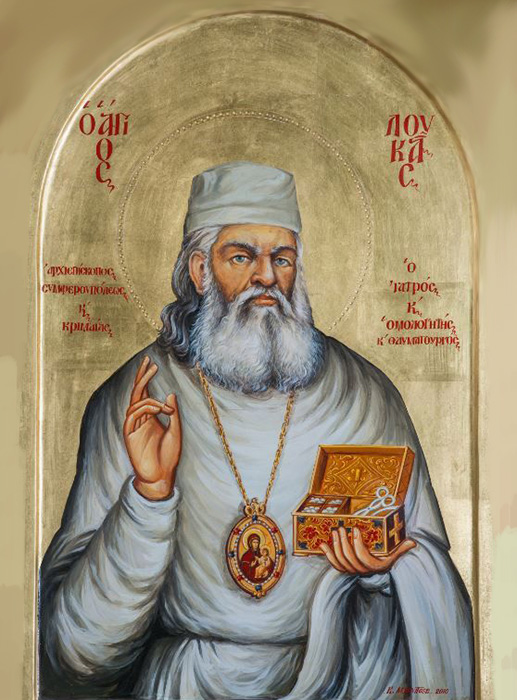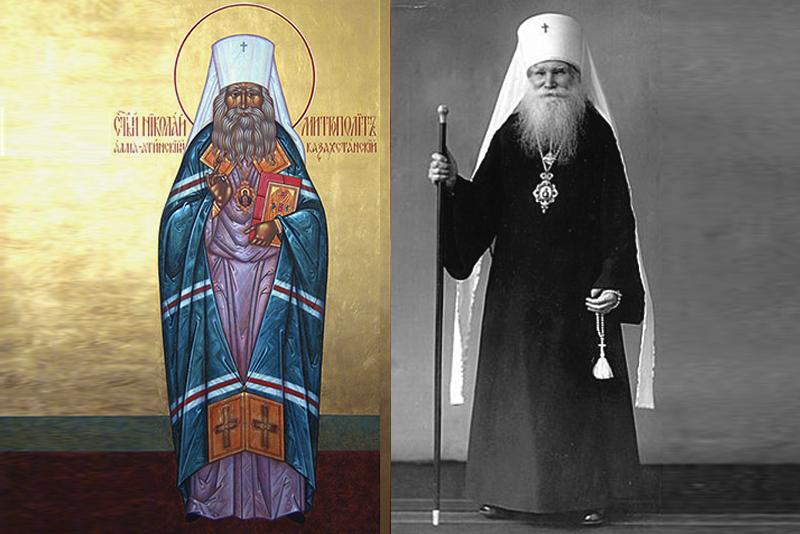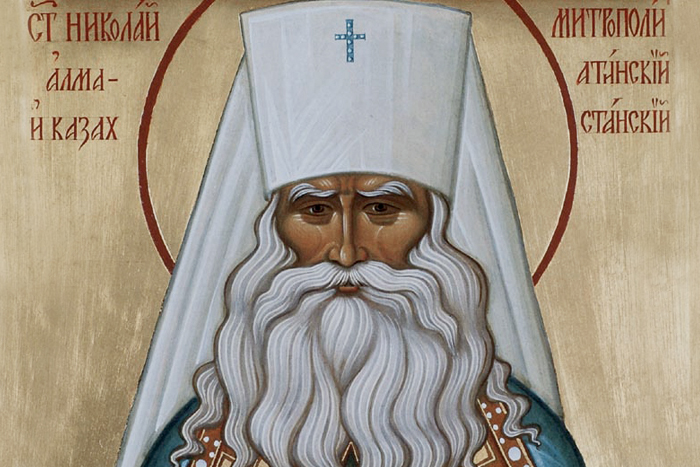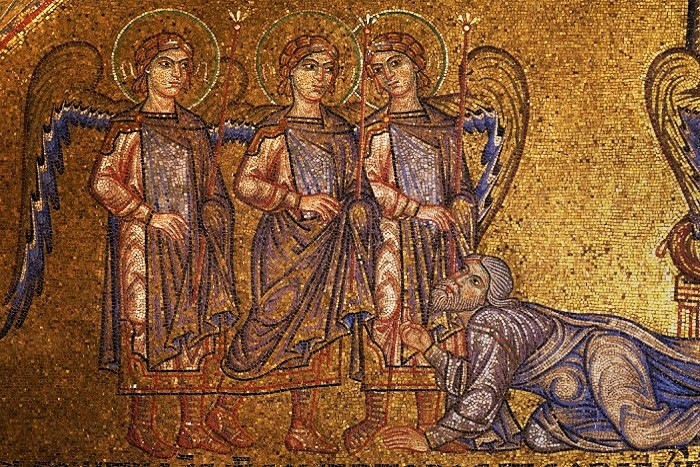
There is a very special story in the Gospel of Mark about the relation between faith and doubt. One day, people brought a possessed youth to Jesus. His father was asking the Lord to have pity on the poor boy, to which Jesus replied, If thou canst believe, all things are possible to him that believeth. (Mark 9: 23). The father cried out with tears, Lord, I believe; help thou mine unbelief. (Mark 9:24). That’s strange: There are two incompatible statements packed into one sentence: a declaration of faith and an admission of unbelief. Judging from the experience of saints, we can assume that the real, living, and sincere faith always goes hand in hand with doubt. The one presupposes the other and does not exist without it. Doubt isn’t shameful. On the contrary, it can be grounded, useful, and even logically necessary.
“I’m Out of Work as Bishop”
Saint Luke (Voino-Yasenetsky) (1877-1961) was one of the most prominent confessors and doctors of the 20th century who had to choose between pursuing his ministry as a bishop and his favorite job as a surgeon. Saint Luke had serious doubts and finally chose… the latter.
Special Commission of the OGPU Board sentenced Bishop Luke to a three-year exile (which was his second exile) for his alleged counter-revolutionary activity. He found himself in Arkhangelsk where he was given the cold shoulder not only by local doctors in the hospital he was assigned to but also by Bishop Apollos of Arkhangelsk. The restless hierarch was troubled and pestered by doubt: could it be better for him to stop his ministry as a bishop and plunge headlong into his surgical work instead?
Saint Luke was transferred from Arkhangelsk to Moscow. A special envoy of the OGPU spent hours on end for three weeks, offering him, a talented surgeon, a prestigious position of a surgeon in the capital’s best clinic in exchange for his ecclesiastical rank. The officer struck the holy hierarch’s nerve, making him doubt even more. Finally, Saint Luke agreed to a compromise and wrote the following, “I am retired and out of work as a bishop. Under the said circumstances, I find it impossible to continue my ministry so, my ecclesiastical rank notwithstanding, I would like to have the chance to continue my work as a surgeon. Nevertheless, I shall never abdicate my bishop’s rank.”

On his way to Moscow after having been released from exile, Saint Luke had a train wreck, which, as he later wrote, “unfortunately, only made me afraid but failed to bring me to reason.” He headed to the People’s Commissariat of Healthcare to apply for a job in a research center to continue his research on contaminated surgery. However, they turned down his application. The bishop was at a loss. He went to Tashkent where, according to him, “I sank so low as to wear civil clothes and find a job as a consultant in a hospital in Andizhan.”
Everything was going wrong. His surgeries were often unsuccessful. Meanwhile, Saint Luke fell ill with tropical fever. He returned to Moscow for treatment. It was there that he had a nightmare. He saw himself “in a small empty church… There was a wide plank on the Holy Table with a naked human corpse on it. There were students smoking cigarettes around the Holy Table, while I was reading a lecture on anatomy to them. Suddenly, I shivered because of a loud noise. I turned and saw the cover of a saint’s shrine fall down. The saint sat up, turned to me, and looked at me reproachfully without uttering a word.” Sadly, the bishop still wasn’t convinced, he said. He went along with his research with even greater zeal. Saint Luke spent more than two years doing his research and accumulating precious data for his future scientific bestseller – Essays on Contaminated Surgery – all the while struggling with pangs of conscience and spiritual hollowness.
We do not know what happened inside Saint Luke’s soul and how he managed to get out of that crisis. There is only one short passage in his memoirs that can hint at what made him turn back from the laboratory to the altar, “I was praying hard, asking God to forgive my two-years-long pause for research on surgery but one day my prayer was interrupted by a voice from above, ‘Don’t repent of that!’” His doubts and the apparently wrong decision that followed them turned out to be decisive. His discoveries were vital for the treatment of wounded soldiers during the Second World War.
***
Saint Luke was elevated to the rank of an archbishop in 1942, and later appointed to the Diocese of Crimea. He spent the rest of his life serving God and the Church to the best of his abilities.
P.S. Doubts always accompany us on the road to inner transformation. Saints’ lives provide ample evidence for that. For them, doubts are not just real but also valuable and crucial. Saint Silouan the Athonite expressed this idea in the best way possible when he said, “Keep thy mind in hell and don’t get desperate.”
Originally published by Foma Magazine
Translated by The Catalog of Good Deeds



